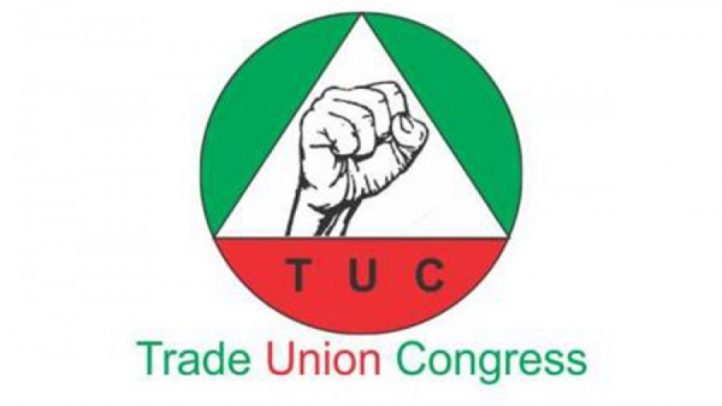The Trade Union Congress of Nigeria (TUC), the country’s central labor organization, has vehemently denounced the Federal Government’s proposed 5% tax on petroleum products, characterizing it as an act of economic cruelty against an already financially burdened populace. This levy, enshrined within the newly enacted Nigeria Tax Administration Act, mandates a 5% surcharge on all sales of refined fossil fuels, both domestically produced and imported, with the exception of cleaner alternatives like renewables, kerosene, cooking gas, and compressed natural gas. The surcharge is to be collected at the point of sale, effectively adding to the already escalating cost of petrol and diesel. This measure, slated to take effect from January 1, 2026, has ignited a firestorm of controversy across various sectors, with businesses, citizens, and policy analysts voicing their concerns over its potential impact on an economy grappling with the aftermath of fuel subsidy removal.
The TUC, representing the interests of Nigerian workers, argues that the timing of this new tax couldn’t be worse. With citizens still reeling from the shockwaves of fuel subsidy removal, which has triggered a cascade of economic woes, including skyrocketing fuel prices, rampant food inflation, and a depreciating naira, the additional tax burden is seen as a deliberate exacerbation of existing hardships. The TUC contends that instead of providing relief and creating employment opportunities, the government is opting to further squeeze its citizens, pushing millions deeper into poverty. The sudden surge in petrol prices, a 382% increase from N197 per liter prior to President Tinubu’s inauguration in May 2023 to the current average of N950 per liter, has already imposed significant financial strain on Nigerians. The proposed tax, adding to this already inflated cost, threatens to further erode their purchasing power and overall economic well-being.
The TUC’s leadership, spearheaded by President Festus Osifo and Secretary General Nuhu Toro, has issued a stern warning, characterizing the proposed tax as an “anti-people plan” that risks igniting nationwide resistance. They argue that the government cannot continue to use its citizens as “sacrificial lambs” for economic experimentation. The union has vowed to mobilize its members and the wider public for a nationwide strike if the government proceeds with the implementation of this tax. This strong stance signals the depth of the TUC’s opposition and its commitment to protecting the interests of the working class. The threat of a nationwide strike underscores the potential for widespread disruption and economic instability should the government ignore the TUC’s demands.
Adding to the chorus of disapproval are stakeholders in the extractive sector, including Extractive360, who have voiced their opposition to the tax. They argue that the levy will further exacerbate the already high cost of petrol, a fuel upon which the majority of Nigerians depend for transportation and energy. This dependence makes the price of petrol a particularly sensitive issue, impacting not only individual households but also businesses and the overall economy. The Petroleum Products Retail Outlets Owners Association of Nigeria (PETROAN) has also expressed grave concerns, warning that the implementation of this law could force many of its members to shut down their businesses. This potential wave of closures would not only impact the livelihood of these business owners but could also disrupt the supply chain and create further hardship for consumers.
The TUC has issued a call to arms, urging its state councils, affiliates, and nationwide structures to remain vigilant and await further directives. They have also extended their appeal to civil society organizations, professional bodies, student unions, market associations, faith leaders, and all “patriotic Nigerians” to join them in this fight against what they perceive as an unjust policy. This broad-based coalition underscores the widespread dissatisfaction with the proposed tax and the potential for a united front against its implementation. The TUC’s call for solidarity highlights the importance of collective action in challenging policies that are deemed harmful to the interests of the people.
The TUC’s forceful response underscores the widespread public sentiment against the proposed tax. The union’s leadership has articulated the concerns of many Nigerians, who are already struggling to cope with the economic fallout of recent policy changes. The threat of a nationwide strike, coupled with the growing chorus of opposition from various sectors, puts significant pressure on the government to reconsider its position. The TUC’s resolute stance underscores the potential for significant social and economic disruption should the government choose to ignore the collective will of the people and proceed with the implementation of the tax. The coming weeks will be crucial in determining the future of this contentious policy and its impact on the already strained Nigerian economy.














